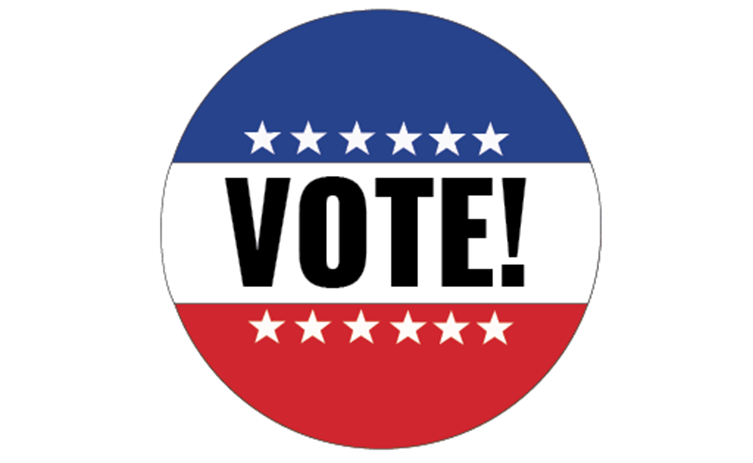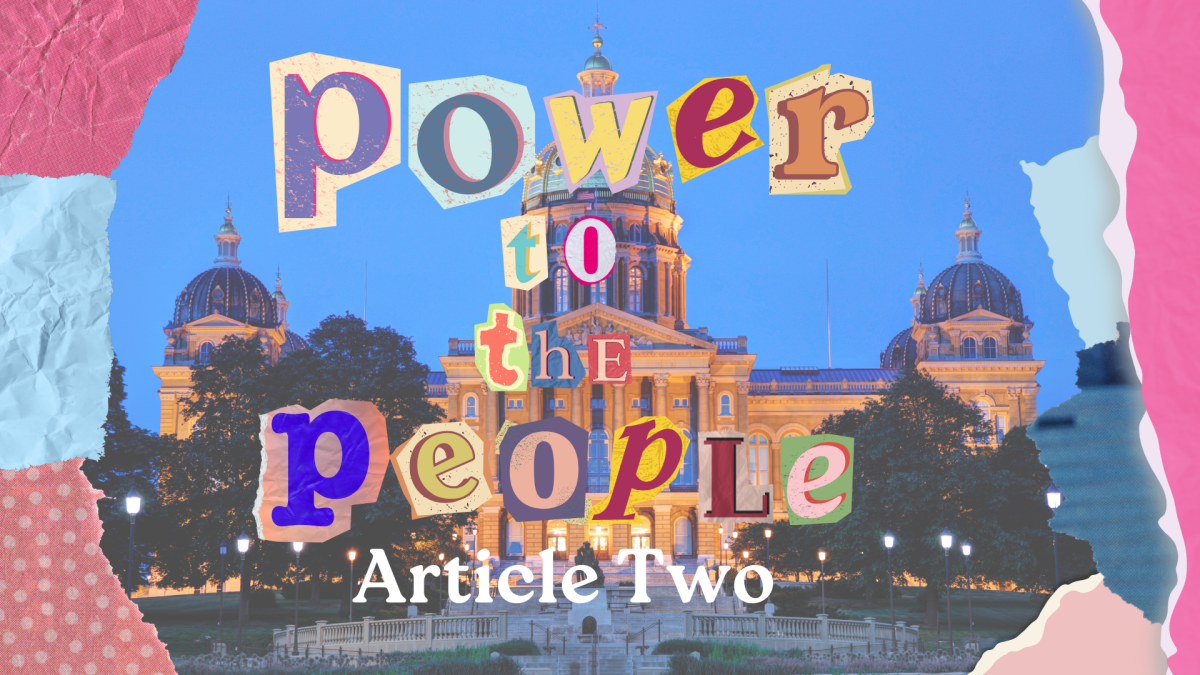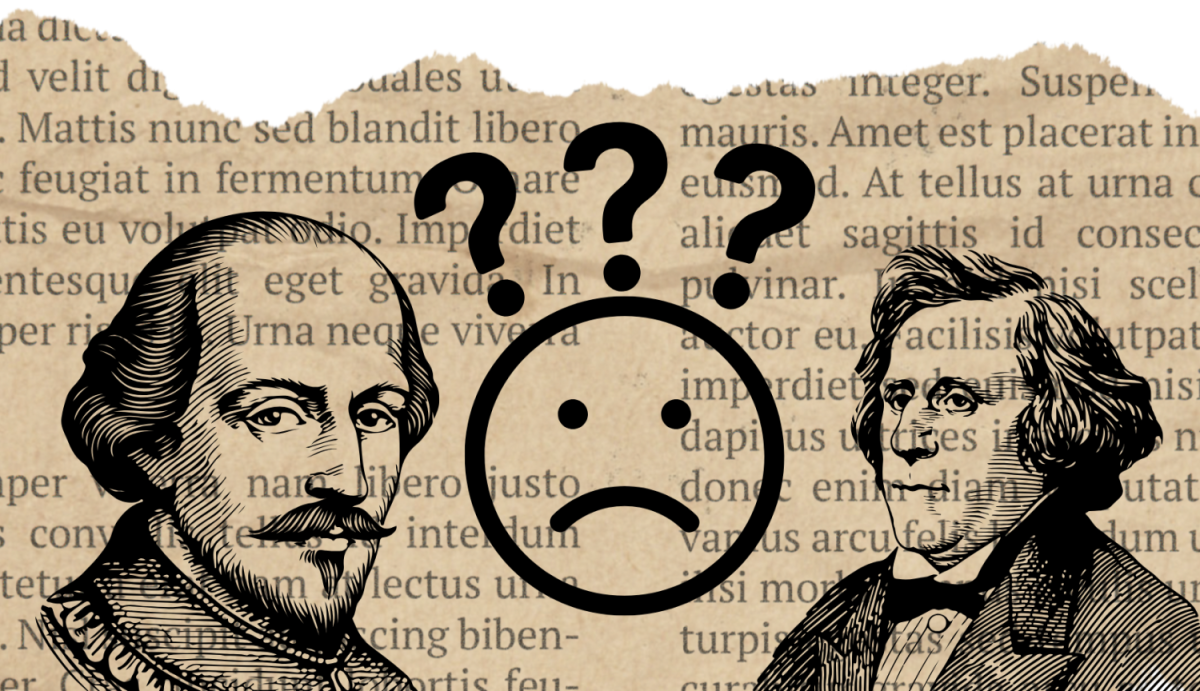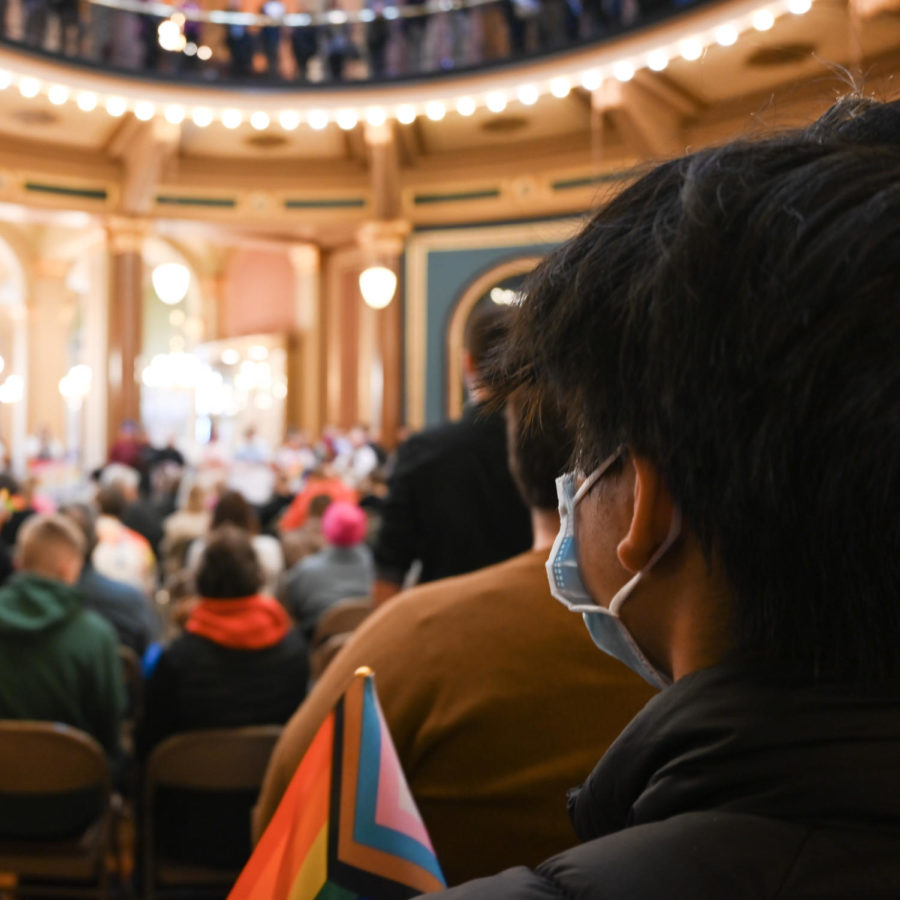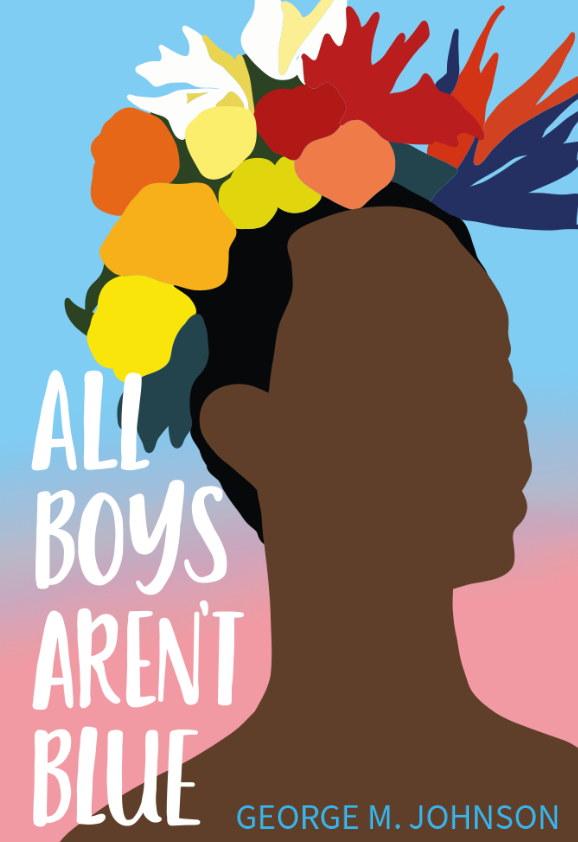2016 is turning out to be one of the most polarizing elections in American history. I frequently hear people expressing their distaste for both Hillary Clinton and Donald Trump and the whole “lesser of two evils” concept. Many people would rather not vote all together because of the immense drama this election has caused. For myself, voting is a responsibility that should be accepted by every American who is eligible. This will be the first election where I will be able to vote and cast my political opinion. Tristan Coble ’17 is also able to vote for the first time in this election. “A person has a responsibility to themselves and to their country to vote for who they want to lead it and if a person does not vote they have no right to complain about the person who is elected.”
Every election there is always a large group of people who don’t think their votes are important. “At a federal level they are probably right,” teacher Jeremy Yenger said. “It doesn’t make a difference. No federal election has turned over based on a single vote.”
Federal elections are determined by electoral votes making it impossible for a single vote to make a difference. However, this should not discourage students from voting especially for elections at the local level where a single vote actually can make a difference.
Depending on your viewpoints the candidates may or may not be ideal.”That’s what every election comes down to, looking for the best person for the job,” Coble said. “It’s never going to be perfect.” Candidates always try to outdo each other in attempts to prove that they are right for this country and that the other person is wrong. Often this involves things like Hillary Clinton’s email scandal or Trump’s absurd comments regarding foreign policy.
According to Yenger, when people vote they are upholding the concept of popular sovereignty, which is the idea that the people run the government. By voting you are sending a message about where you stand on key issues and utilizing your ability to be able to choose your leaders. It all comes down to choosing the candidate that you believe best addresses the issues you care about. My personal belief is that as long as you have an ability to vote you should make yourself reliably informed so that you feel like you are making the choice that feels right to you. Coble agrees ” If you’re going to vote you really should figure out what both parties are and what they stand because if you make an uninformed decision and just go with the crowd you could elect the wrong person.”
Yenger encourages able voters to do so. “Provided that they are educated or feel like they are voting for a specific reason or a set of reasons for a candidate, then yes absolutely I would love to see them vote,” he said. It is your decision whether or not you decide to vote. But if you don’t vote and you’re unhappy with outcome of the election then don’t complain about it. It’s a form of hypocrisy rather than someone who voted and is still dissatisfied with the results. On this election, be educated before making a decision.

